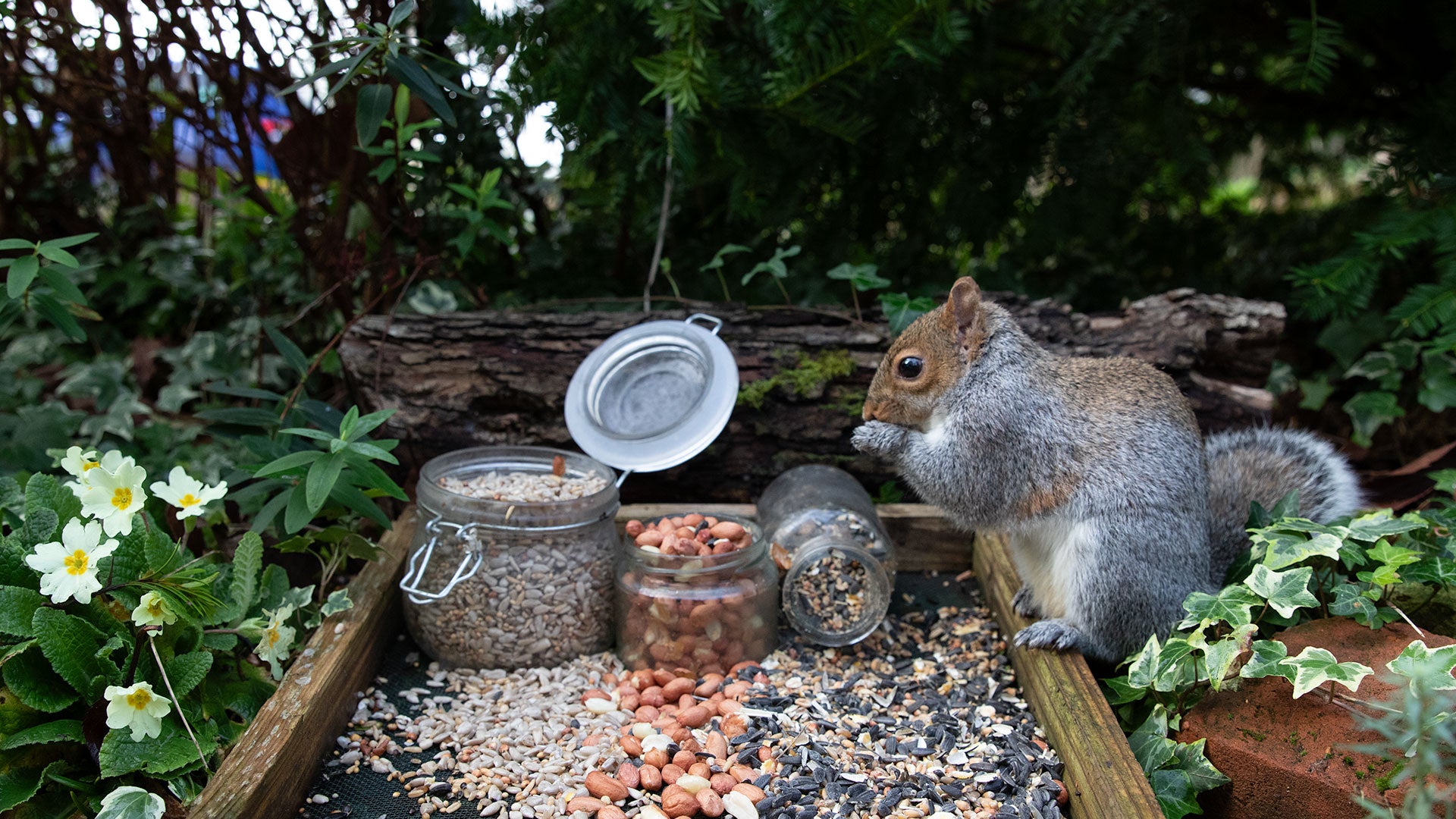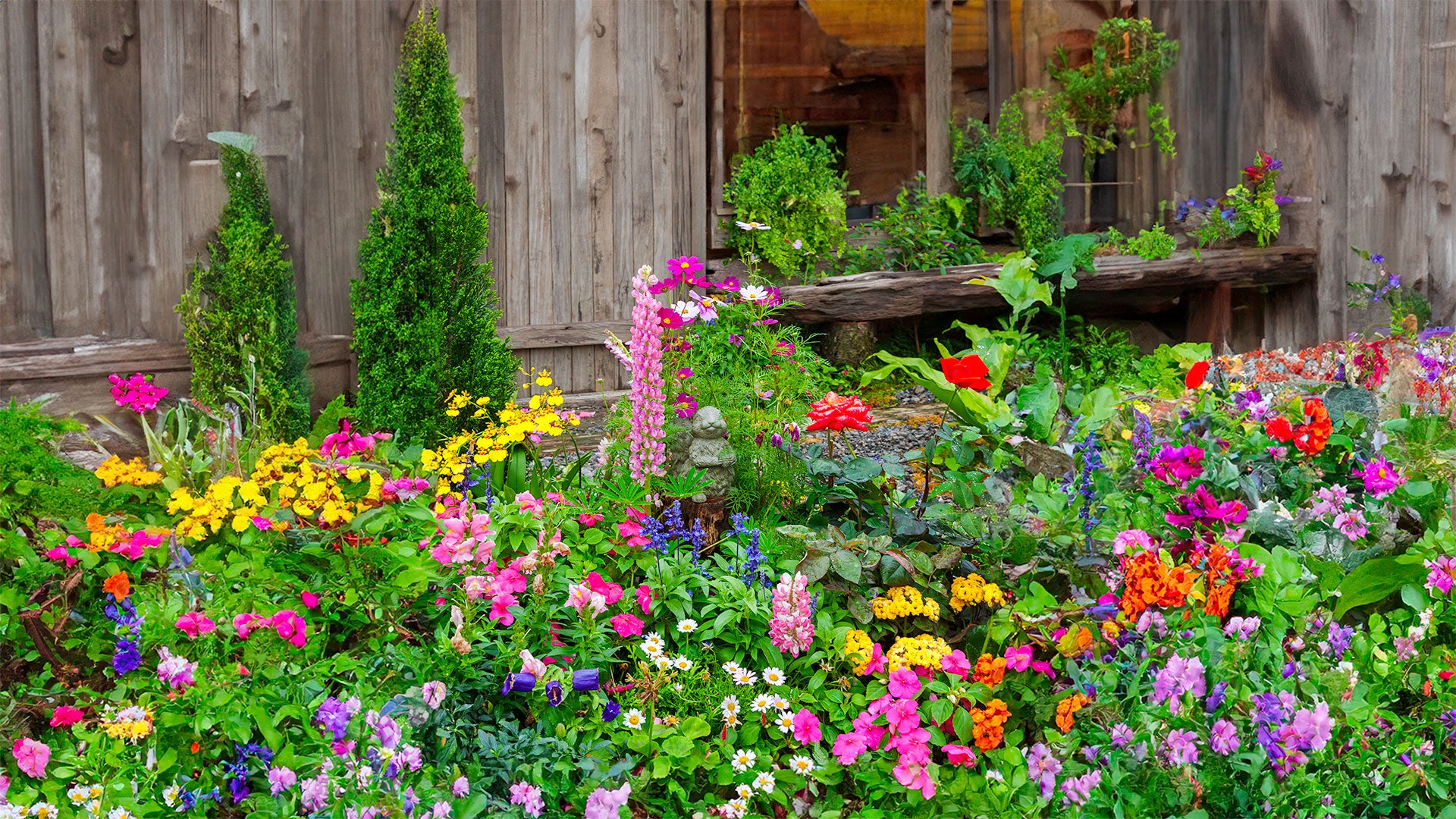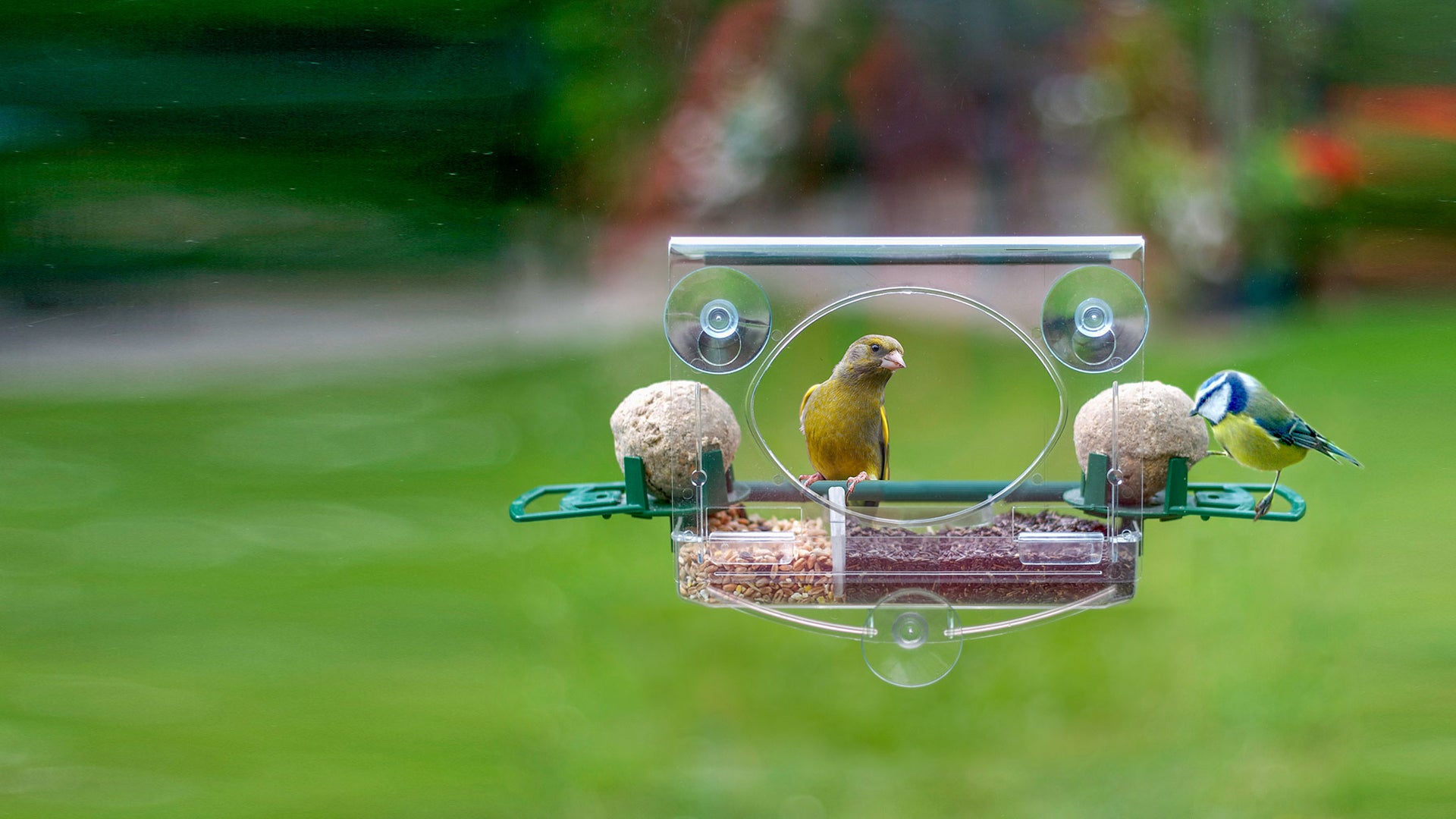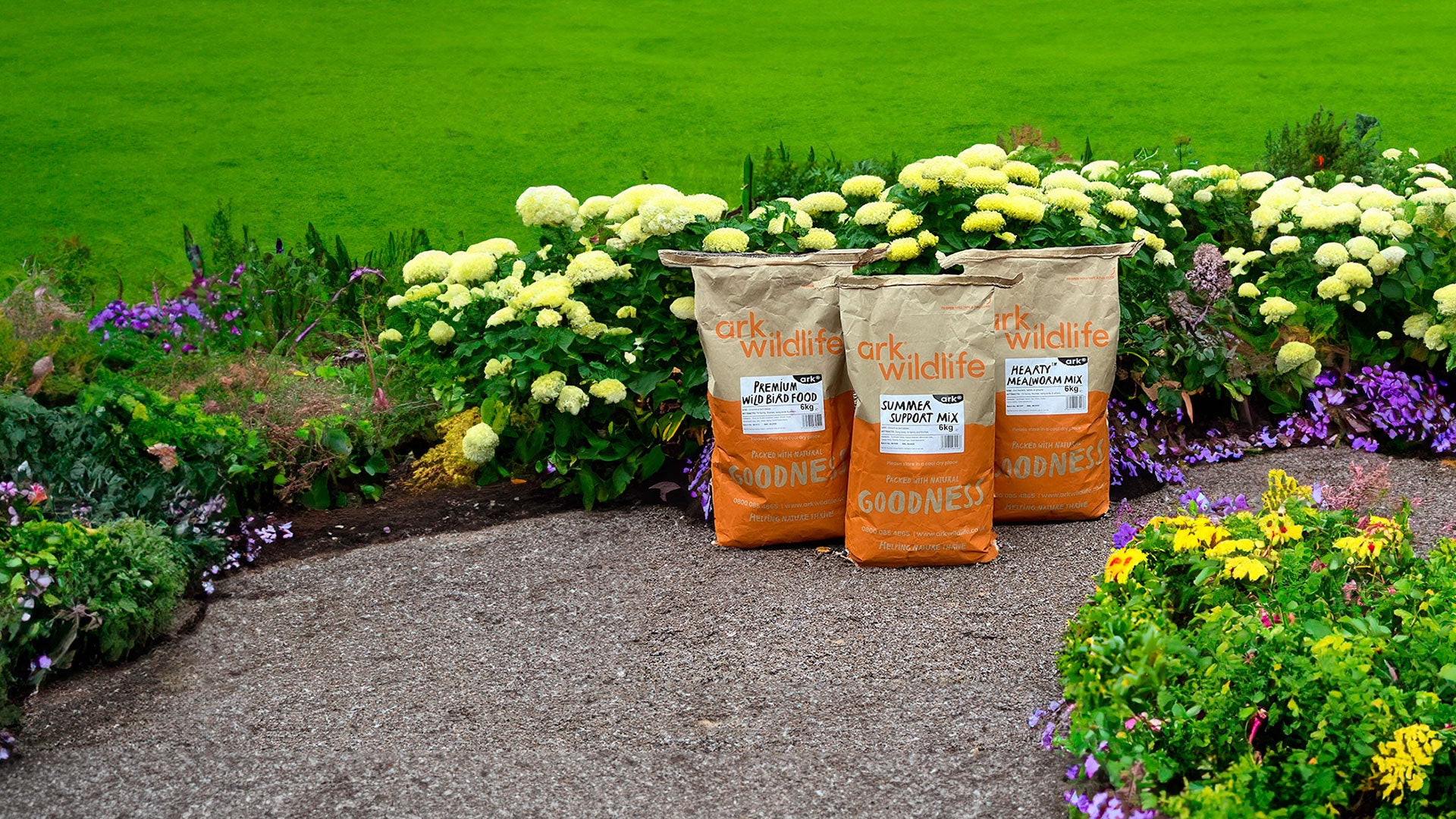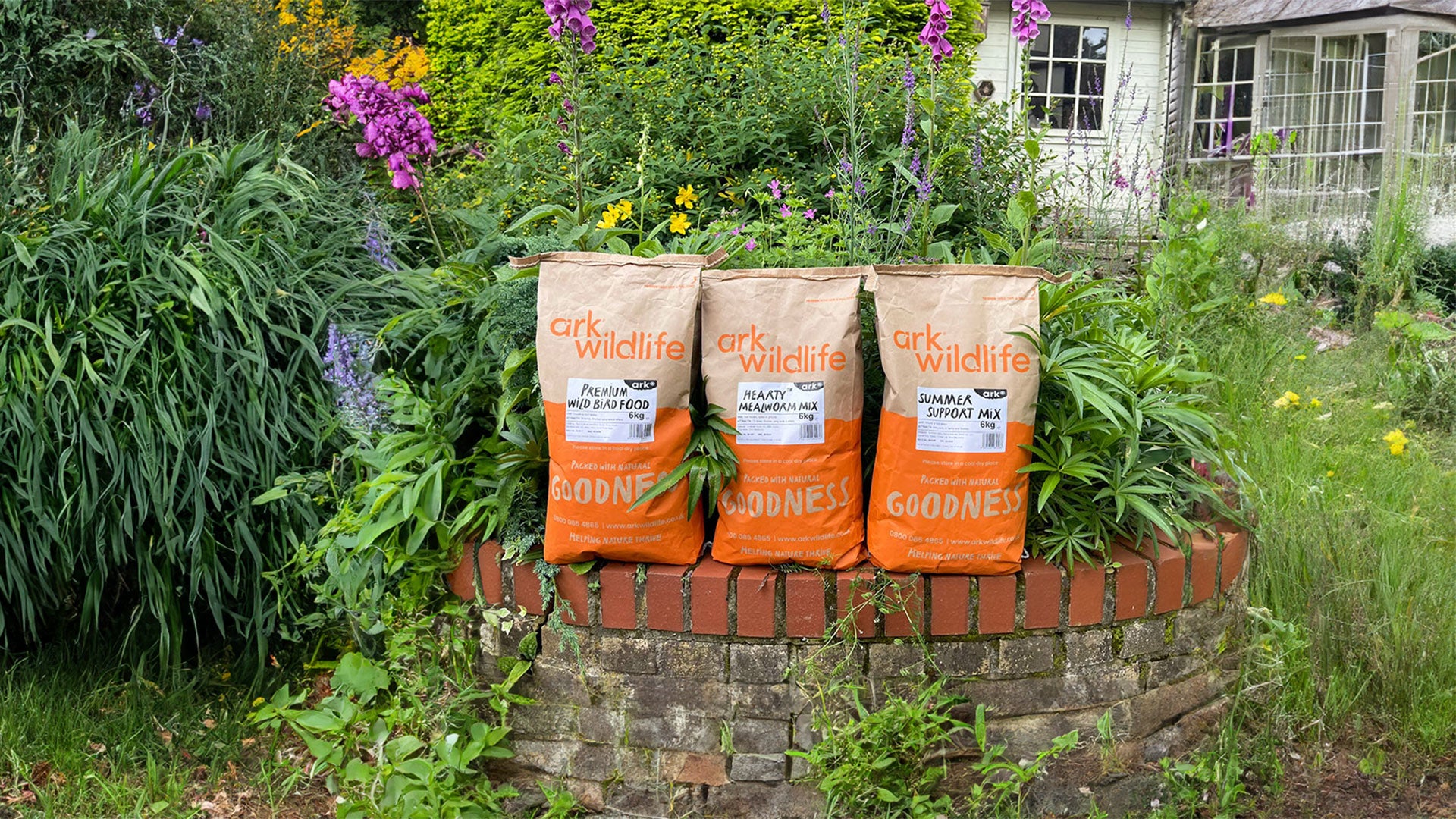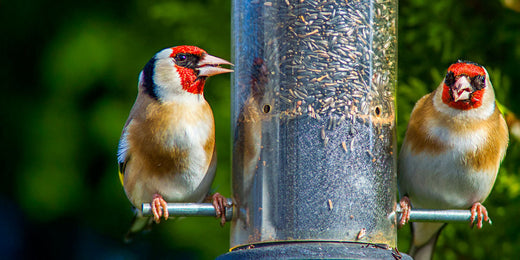Our UK climate is largely governed by the seas that surround us and as we go into winter, the seas are still warm, holding the land temperature up. As we come to the end of winter, the seas have chilled and so the land gets cold despite the lengthening days. The chance of frost, snow and freezing temperatures increases.

All this is happening at a time when natural food is least plentiful. The autumn glut of fruit has been consumed by our resident birds, who’ve been joined by their European cousins such as red wings and field fares. The nuts that fell in autumn have been eaten, or squirreled away by, well squirrels, and other small mammals. While our insects have long since died, or are hibernating well out of the reach of probing beaks. And worms? They’re deep underground where the soil remains warmer but again, out of the reach of foragers.
Our human experience of February is one of improving times as we gain daylight. Looking through the window of a heated house or car gives a false impression, as we see more sunshine and blue skies. Birds on the other hand see little food and freezing cold nights! So, this is the time of year I pay particular attention to keeping my bird feeders topped up.

With food supplies at their lowest point, while birds need to build condition for the coming breeding season, they can take more risks. Birds can be seen dwelling longer on feeders, even when we approach them. Birds are also more likely to accept feeding from a human hand at this time of year, which is not natural behaviour. Risk taking means they’re more prone to predation from sparrowhawks and cats among others.
By keeping feeders full, offering a variety of foods (seeds, suet, nuts, and mealworms) and feeding in different locations plus at different heights, birds will not need to take risks. They will be less competitive with each other around the feeders and will therefore build condition faster. By feeding birds daily at this time, you’re not only helping the birds in your garden, but building up strength for the next generation. So, while you may not witness a bird starving or suffering on a cold night, you will see a healthy bird bringing its fledglings to your garden come summer. A real reward indeed.

Our small mammals are in the same position, perhaps have it even harder as they do not have the convenience of flight. Mice, voles, squirrels, rabbits and even deer all have depleted natural food stores, by late winter and early spring. This can be seen by the appearance of mice in our houses, or squirrels and rabbits chewing bark from young trees, or deer being active in daylight.
February can be a tough month for wildlife, much like looking in an empty fridge when you’re hungry. The lights are on, but all you get is an icy blast and no satisfaction. Good enough reason for me to be generous to all the wildlife visiting my garden.


